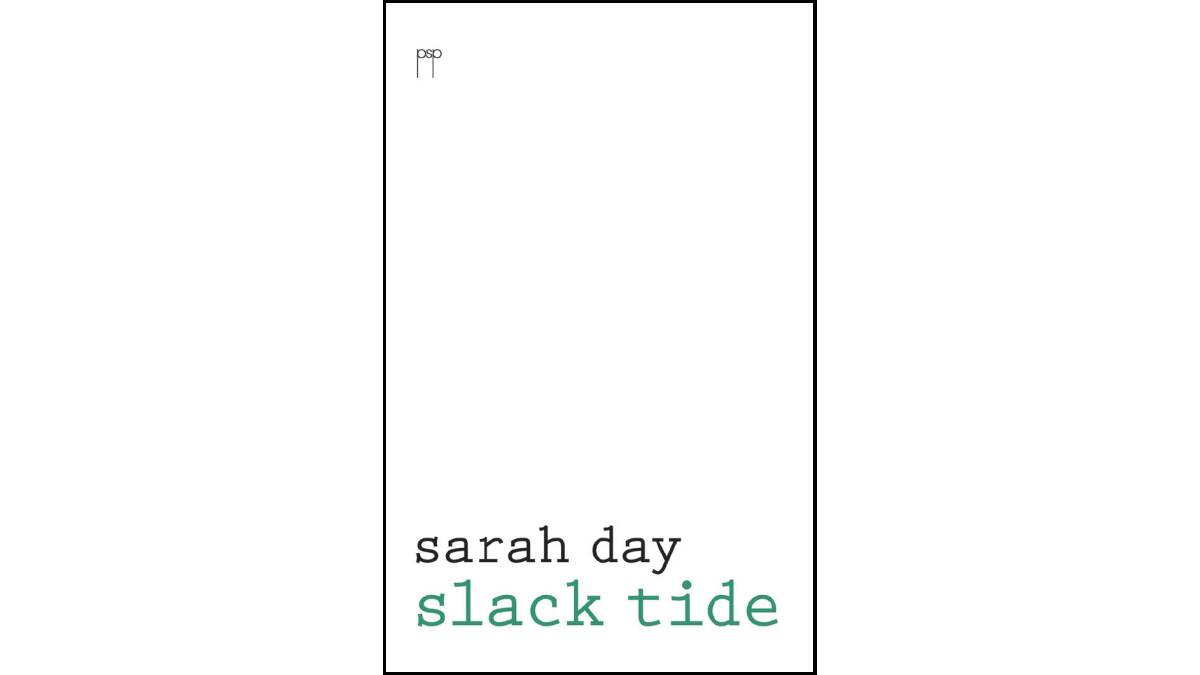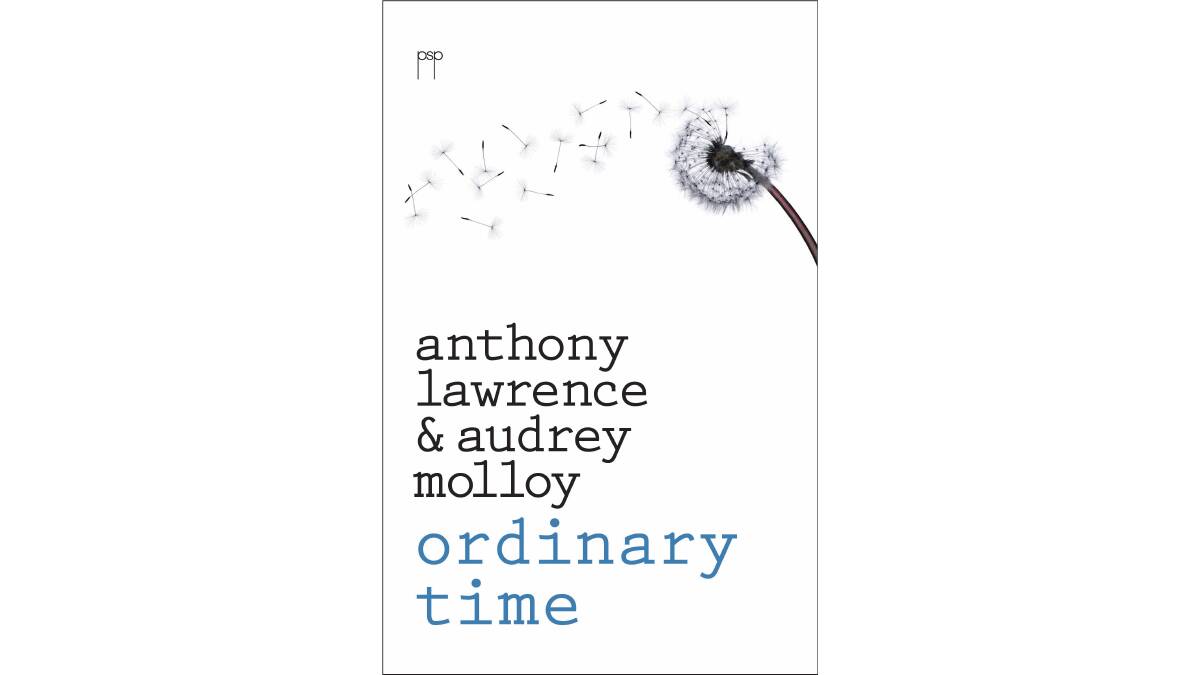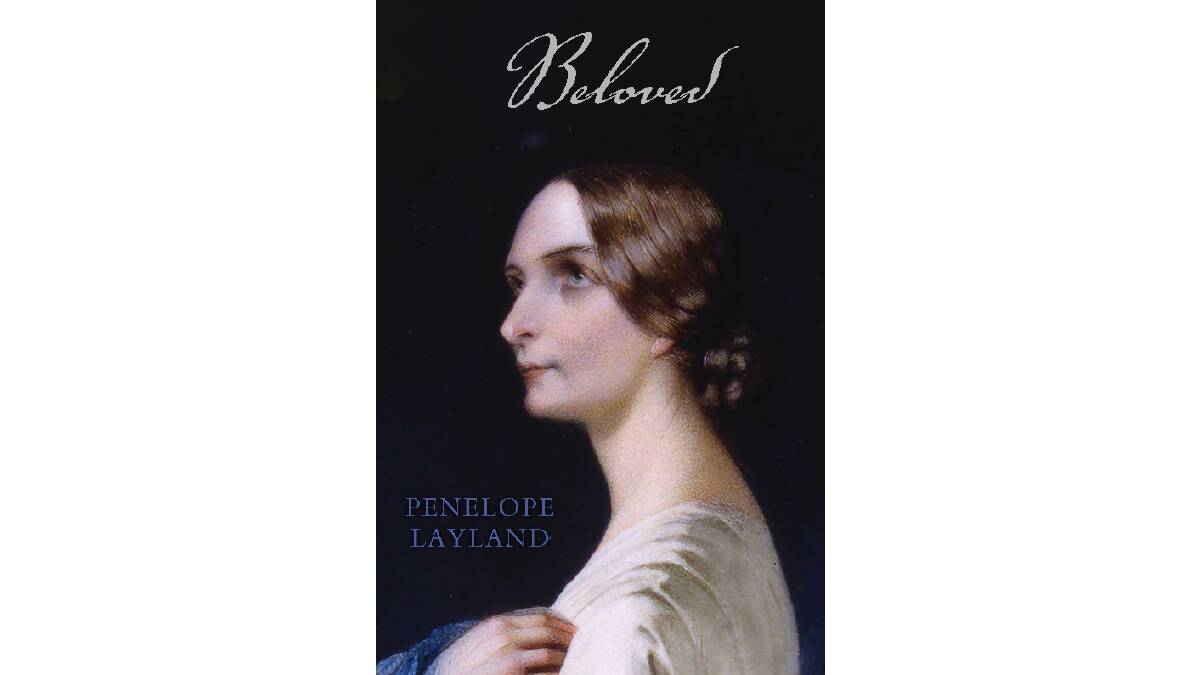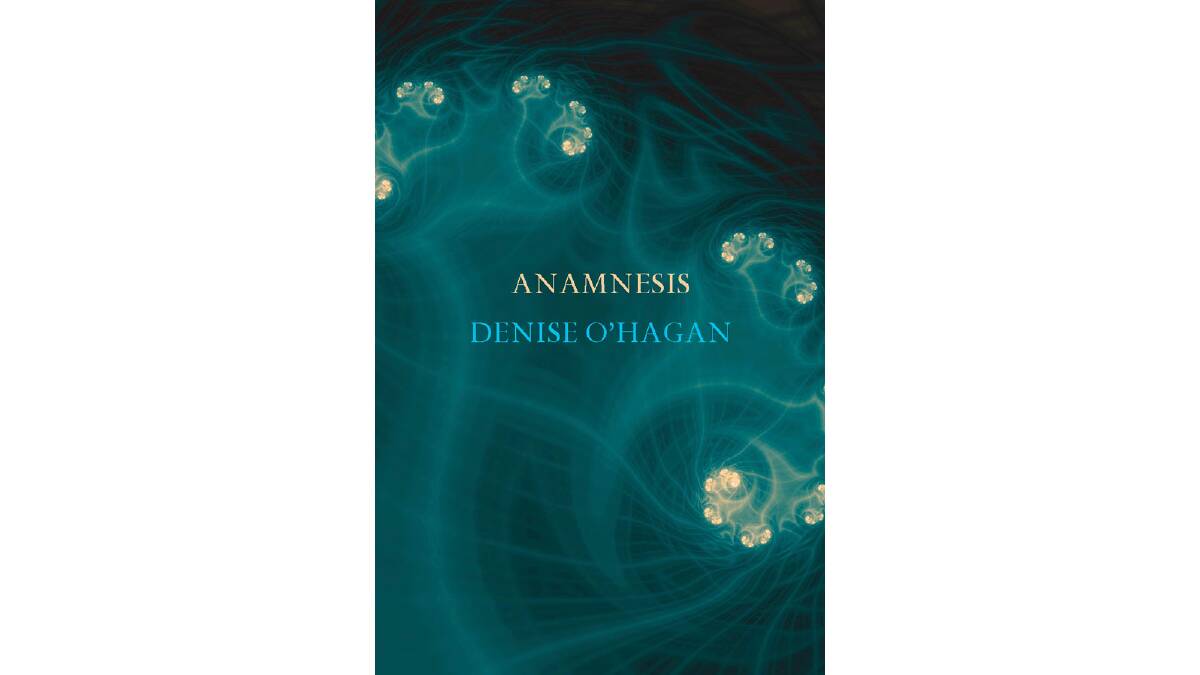
- Slack Tide. By Sarah Day. Pitt Street Poetry. $28
- Ordinary Time. By Anthony Lawrence & Audrey Molloy. Pitt Street Poetry. $28
- Beloved. By Penelope Layland. Recent Work Press. $19.95
- Our Ways on Earth. By Peter Bakowski. Recent Work Press. $19.95
- Anamnesis. By Denise O'Hagan. Recent Work Press. $19.95
It's just on 19 years since the late Clive James, writing from London, declared that Australian poetry had entered a "golden age" and added, playfully, that there is "a general agreement among the literary tipsters that poetry is something the Aussies do with an extra zing: the way they do food, wine, bush hats, satyromaniacal cricketers, telegenic crocodile-wrestlers and insatiable media tycoons".
Subscribe now for unlimited access.
or signup to continue reading
We may forgive Clive, posthumously, for his exaggerations but he had a point, even if he felt constrained to overstate it. But does the "golden age'" persist, we might ask? The scene may be more various than it was in 2004. Certainly some elements in it have become more prominent. Among these are those who argue to write poetry that is accessible on first acquaintance is to "infantilise the reader". Performance poetry, on the other hand, may possibly have faded a little in the interim (it's hard to tell without regularly attending its main venues in Sydney and Melbourne ).
To judge from the five collections reviewed here Australian poetry is still lively, various, accomplished - and well worth sampling if you're not already a follower. They provide excellent departure points for making up your own mind about the "golden age" issue.
Tasmanian poet Sarah Day's latest collection, Slack Tide, serves again to remind us of what a strong tradition she comes from. Going back as far as James McAuley and Gwen Harwood, Tasmania has always had more excellent poets than its population might suggest. Sarah Day, since A Hunger to be Less Serious, her first book in 1987, has always been in this league.

Her work has generally, but not always, been cool and understated, and some readers may have underestimated her because of this. Slack Tide should set them straight. It is packed with memorable poems, remarkable for their emotional depth.
"The Bathers", in particular, has a strong mythic quality and might almost be a scene from The Odyssey. It begins with: "The wind had swept their boat off-course" and soon, in an apparently uninhabited cove, "A sight undreamed // of floated slowly into focus". "A dozen pigs - all sows, /lounging on the crescent bay". The poem's last five lines are worth quoting in full, as an example of Day's often-visionary intensity: " ... no elemental borderline for them // between clear water, air and sand, /or animal and human joy of life: / they lolled, nudged, bobbed, rubbed - / guileless, hoof-swimming, loving, and loved."
Ordinary Times, a very different book from the same publisher, is a collaboration by Anthony Lawrence and Audrey Molloy. As explained in a brief Foreword, the poems were written via email during lockdown by two poets who didn't meet in person till the project was complete. While its poems seem to alternate it is not clear most of the time which poet wrote which. Though the topics touched on range widely, the poems tend to generate a composite poetic personality, somewhat reminiscent of the chameleonic Portuguese poet, Fernando Pessoa.

The result certainly upsets easy preconceptions about "male" and "female" writing - and, for that matter, established conceptions of the poets' previous work. There is a loose narrative to do with time-travel but mainly Ordinary Times is lyrical poetry freed from its "normal" expectations and limitations. A reasonably indicative quotation might be: "When I realised I was made of glass / I filled with shame, that all could see / my secret mauve machines. / My skin, replaced with windows / of various size and plane - / the great Tiffany lamp of me!"
Strangely, this collaborative poetry is remarkably "pure" but this may not always be an advantage. The reader may also long, at least occasionally, for some more secure or obvious biographical foundation.
A collection (livre composé really) which certainly does have such foundation is Penelope Layland's Beloved. It's one of three books which serve to illustrate how Shane Strange's Recent Work Press is extending its reach from being a much-appreciated local publisher to one with a national reach.

In Beloved, Canberra poet, Penelope Layland gives us just over 50 pages written from the viewpoint of Dorothy Wordsworth (1771-1855). The fierce love and support Dorothy felt for her brother, William, is hard to evoke these days but Layland, via a number of poetic strategies associated with the Romantic poets (and an interpolated dateline of key events in both lives), provides a highly empathetic account of Dorothy's struggles - and the nature of William's love for, and dependence on, her.
Sometimes this is achieved in a flexible blank verse based on Dorothy's journals and sometimes in stanzaic poems which one can readily imagine being written by a woman of that period. Probably the most poignant is "The Day of the Wedding", in which Dorothy exhibits the self-control that always had to be so much a part of her life.
It ends: "Mary was distressed, at the last, / to part from her family. / But after the wedding breakfast / we three departed. / We had brittle sunshine and showers / and some talk and felicity. // I will look well. I will be busy."
Melbourne poet, Peter Bakowski, has been publishing for forty years and his new Our Ways on Earth is well up to his usual idiosyncratic standard. He's an important acquisition for the Recent Work Press list, widening its scope both geographically and stylistically (though the latter has always been wide to some degree).

The unifying feature of Our Ways on Earth is portraiture, accounts of "major" and "minor" lives sitting democratically together. Among the more "famous" subjects are Philip Larkin, Lucien Freud, Syd Barrett, Graham Greene and Joseph Cornell. The poems about a "Homeless Man in Collins Street" and a "Portrait of a Lone Diner at a Restaurant in Chelsea" are no less compelling, however.
Occasionally, Bakowski may overreach with a short poem that is perhaps not as profound as he hopes (e.g. "At the Dentist": "You may find out that not every tooth likes its neighbour") but on the same page is another short poem that works very well: (e.g. "The Words": "Freed from the stable of the dictionary / they gallop across the plain of the poem".)
Anamnesis, from Roman-born Australian poet Denise O'Hagan, is the third new addition to Recent Work Press's list. Its poems are very much about real people in real situations, carefully and thoughtfully written in iambic metre with few linguistic surprises.

As if to confirm this relatively conservative stance, O'Hagan uses a capital at the beginning of each line, something that seems to have disappeared from poetry in English several decades ago.
Many of the poems are emotionally powerful. The last few lines of "The Almost-Child" are a reasonable taste of the book as a whole: "And then something / Happened - a slip into oblivion, unfathomable and / Inexplicable. She never even had a name. She was / A shadow briefly cast, an echo reverberating, a / Ripple in time. She was an almost-child."
- Geoff Page is a Canberra poet.

